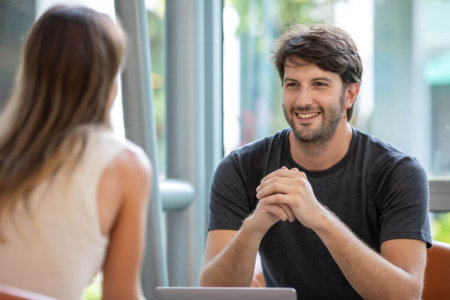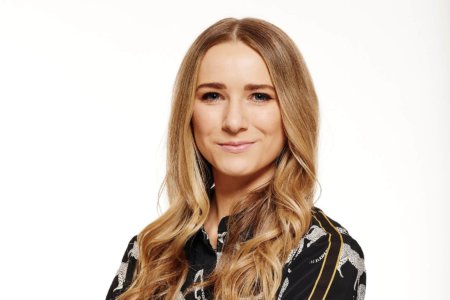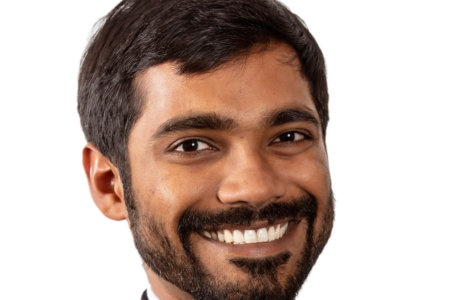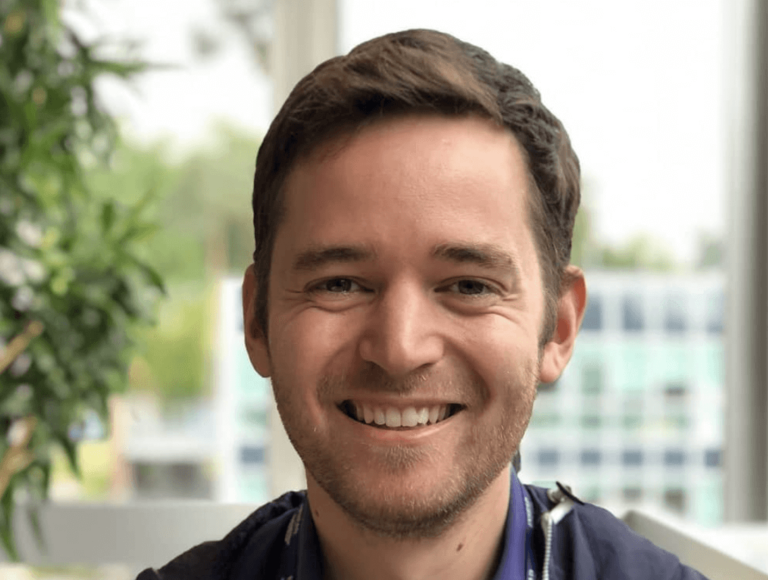
When Tim van Vliet visited Samoa and saw locals weren’t able to make a living from fishing anymore, he knew it was time to do something. His search for a solution would lead him to something most people swat or are disgusted by: insects.
He has good reason to. Insects to aquatic animals are what eggs and legumes are for athletes. For the aquaculture enthusiast, they make the perfect sustainable option for shrimp feed.
In 2019, he launched INSEACT, a business that takes the waste from palm oil operations as raw material to feed insects, before they are turned to protein for aquaculture (beginning with shrimp feed).
The process starts by redirecting waste streams from palm oil production. This is then bio-converted by Black Soldier Flies, generating three products, which include protein for aquaculture feed, insect oil for livestock feed, and organic fertiliser for farming.
“INSEACT is strategically positioned in the Asian market, home to almost the entire global production of farmed seafood,” he states. Van Vliet and the company’s COO, Michael Badeski, met when they were MBA students at INSEAD.

Van Vliet and the company’s COO, Michael Badeski, met when they were MBA students at INSEAD. Source: Tim van Vliet
Below we talk to van Vliet on his insights on aquaculture, his MBA journey at INSEAD and interesting facts about himself:
Besides sustainability, what drew your interest in the aquaculture industry?
I have roots in Samoa and during my last visit there, I realised they weren’t able to make a living catching fish anymore. I thought it was odd because Samoa is an island in the biggest ocean in the world.
It was where I learned about the use of wild fish to grow farm fish. I also thought anything to help solve the problem of the need for wild fish would indirectly help my family.
What interesting facts on aquaculture and agriculture business can you give us. Do you think Asia has a lot of catching up to do within the sustainable food industry?
Aquaculture is a huge US$270 billion industry and is the fastest-growing agriculture segment in the world. Although most startups focus is traditionally on tech, there is a stronger one now to improve our food systems.
COVID-19 has helped accelerate this even further. European fish farms have stronger environmental mandates and are interested in reducing their dependence on wild fish. Asia is still trailing behind therefore, our angle to approach customers is not environmental, it’s business-driven.
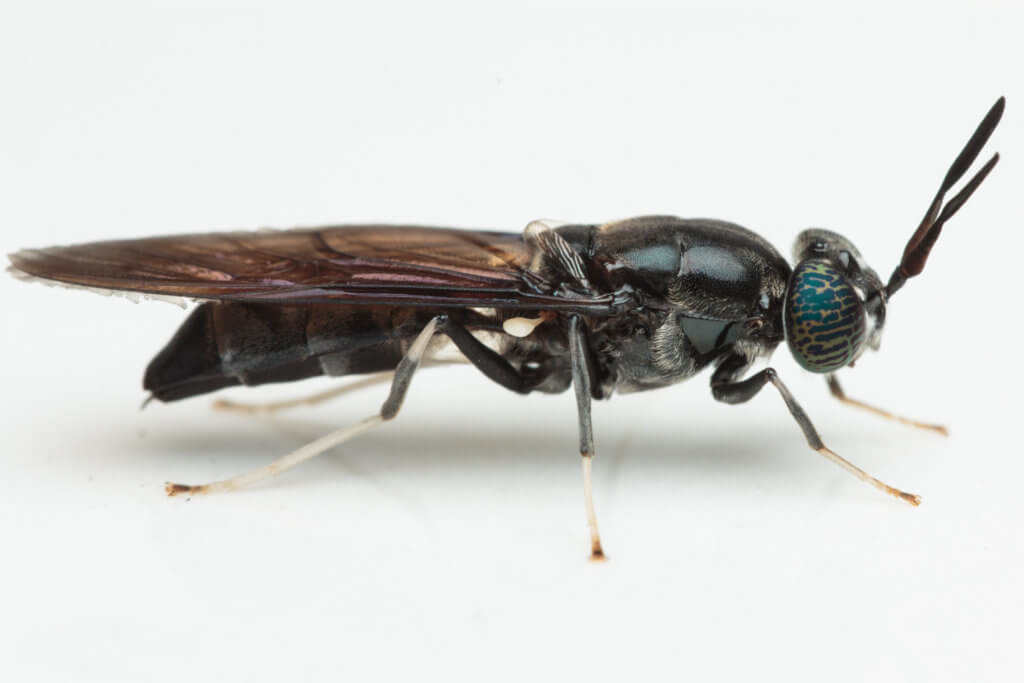
The process starts by redirecting waste streams from palm oil production. This is then bio-converted by Black Soldier Flies, generating three products, which include protein for aquaculture feed, insect oil for livestock feed, and organic fertiliser for farming. Source: Tim van Vliet
Our product has better performance and ultimately, the bottom line is what drives aquaculture or most businesses for that matter.
Is there a particular reason why you chose to do your MBA at INSEAD? Walk us through your experience there.
Having lived in different countries and speaking different languages, INSEAD was a natural choice. Its focus on diversity but also the quality of the institution led me to apply there only.
I was very focused on setting up this venture as we would not have been able to found INSEACT without INSEAD. My MBA experience provided a great learning ground for entrepreneurial concepts.
Coming into INSEAD with an idea to work during your programme is a great tip for any future prospective MBA alumni. We formed a group of people to compete in the INSEAD Venture Competition where over 200 people participated in this competition.
As we progressed, we used the help from mentors in this competition to progress from the idea stage to a real business. During our entire MBA programme, we used the INSEAD entrepreneurs-in-residence to schedule private mentoring sessions (which is also accessible to any MBA student at the school).
Walk us through INSEACT. What were some of the challenges you faced trying to break through the sustainable food industry and how did you overcome them?
Here in Asia, sustainability is not yet a priority. Our product has to be better performing than the products we are trying to replace. This is done through improved performance and quality of our products and this is the only way sustainability can scale.
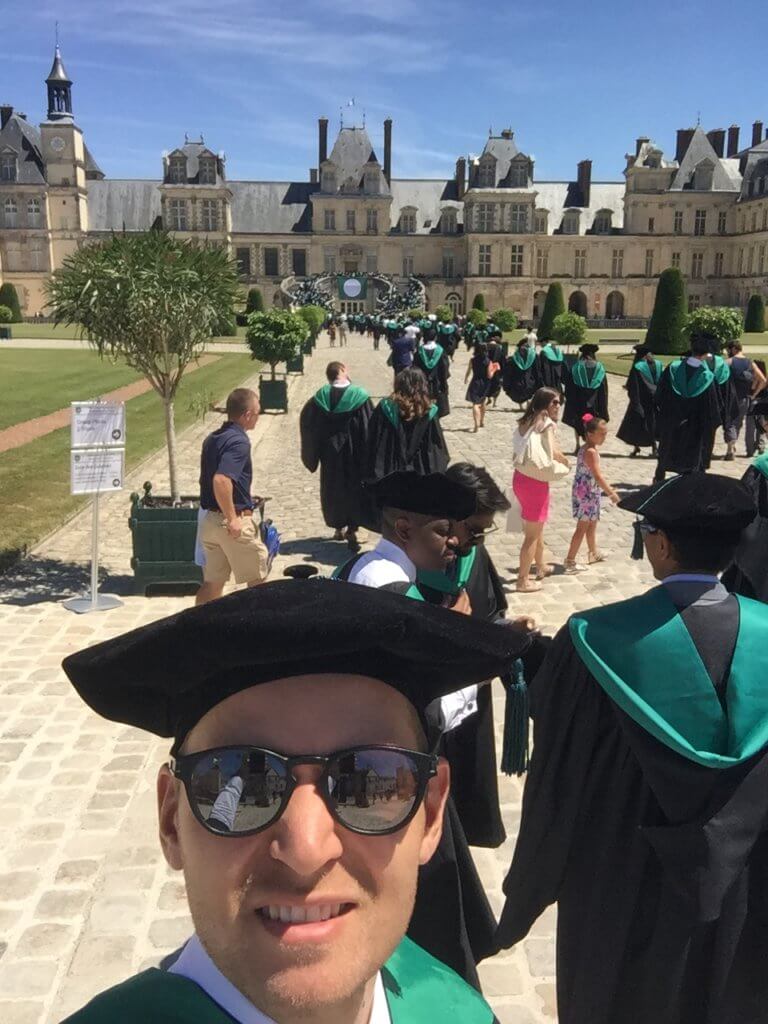
“Coming into INSEAD with an idea to work during your programme is a great tip for any future prospective MBA alumni. We formed a group of people to compete in the INSEAD Venture Competition where over 200 people participated in this competition,” van Vliet says. Source: Tim van Vliet
How do you use the knowledge and skills gained in your MBA now?
Every day we use several skills learned at business school. This could be from negotiations to finance to soft skills. INSEAD has been very transformative and has moulded us as co-founders in many ways.
What skills or knowledge do you wish you had learned more during uni?
Referring to uni as undergrad and not INSEAD. Finance skills because I’ve never learned so much about finance outside of the real basics. Raising funds whether debt or equity is very important for any entrepreneur and I’m glad I emphasised finance courses during my time at INSEAD.
What advice do you have for students who want to pursue an MBA?
Enjoy but focus on what you want to get out of the programme.
Where do you envision INSEACT to be in 10 years?
As the global insect protein leader.
Lastly, give us three fun facts about yourself:
I’m Dutch/Samoan (there are only maybe 10 of us in the world), I’m two metres tall and I speak Chinese.








